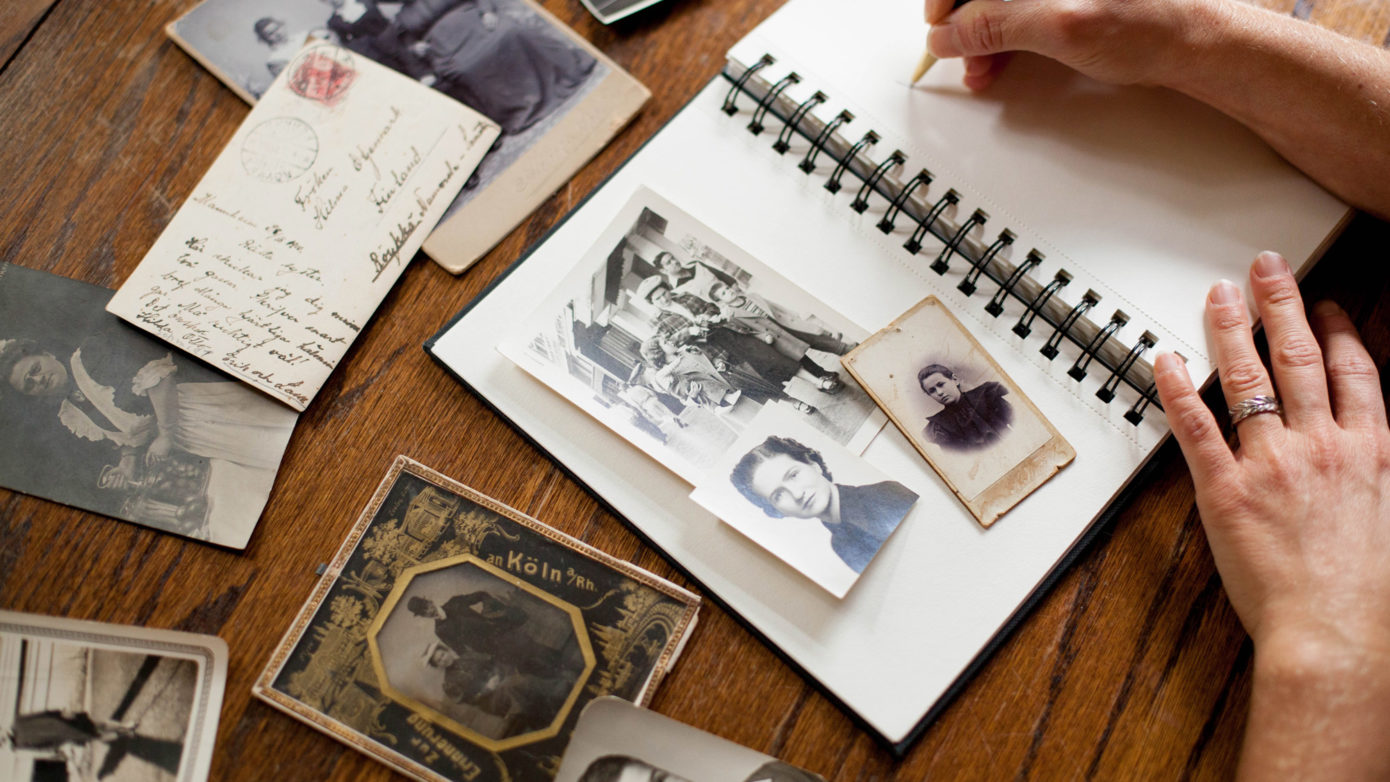We all have ghosts in our closet, whether we want to admit it or not. And the digital age (the last 15-20 years) has created many new elements in our lives including the creation of massive amounts of digital photography, videos, and historic (digital paper) trails.
Hiding Under Your Nose
I recently purchased a NAS (Network Attached Storage), which is just a fancy way of saying “storage server” that holds all of my family photos, videos and every file I’ve ever created. I’m not going to go into the technical side of things with regards to this unit at the moment, but I will say that after combining all my hard drives onto this unit, I now have over 700,000 photographs. Before you freak out, understand that I’m the keeper of our family archives and there are photos going back to the year 1865 on this NAS.
This unit has facial recognition, location recognition, and several other organizational tools on it. In looking through these photos, I found images hidden to me for years (sometimes decades) and I became acutely aware of the fact that there are hundreds (maybe thousands) of pictures of awkwardness; ‘happy families’ now divorced, ex-girlfriends/boyfriends I never wanted to see again, friends that had become enemies and even photos of myself when I was clearly less than happy. I’m not talking about a ton of them, but enough that it makes me stand back and think about things for a moment.
It is incredibly tempting to select all of these photographs and hit the delete key, after all – that is another marvelous capability of the digital age. However, in doing so, I would deny three things:
- The ability to see other people that are still very dear to me that are also in these photos.
- The ability to look back and for a moment say to myself, “I may not like them, or like the relationship we (or they) now have (or do not have), but at that moment… that brief moment in my life, I was happy with them and they were important enough for me to capture that photo of.”
- The fact that one never knows where life will go and what doors may be opened and closed. Many years down the road, do I really want to regret having deleted a photo of this person or this situation?
Coming to Terms
No matter where we go in life from here on out, there are bound to be photos or connections in your collection, someone else’s collection, out on Facebook, on Twitter, news articles or elsewhere. Sometimes you will have the ability to delete these, but most times you won’t. You can choose to ignore these elements that show you (or others you care about) in situations you may not want to remember, but it doesn’t change the fact that they exist. It is in our nature to pretend that elements in our life don’t exist, to ignore them, to cast them aside if they hurt or cause us pain. The reality is, we are only fooling ourselves. To ignore something doesn’t make it go away, it just makes it easier for us to cope.
So I propose this; At some point, you too will go through your old photos, or you will see an article or post online that has you in it. Step back for a moment and instead of ignoring the post, the photo, the video or the connection – instead, ignore the pain. Think about the positive elements that caused you to be a part of that photo, post or article and allow simply to be. It is part of your past, and there isn’t anything you can do to re-write history. Instead, it is how you choose to deal with your past that allows you to handle the present and the future.


